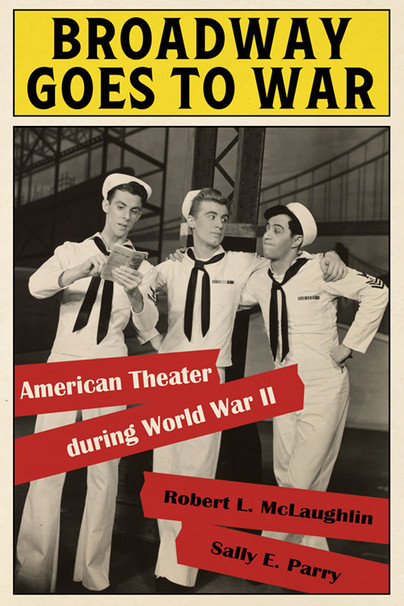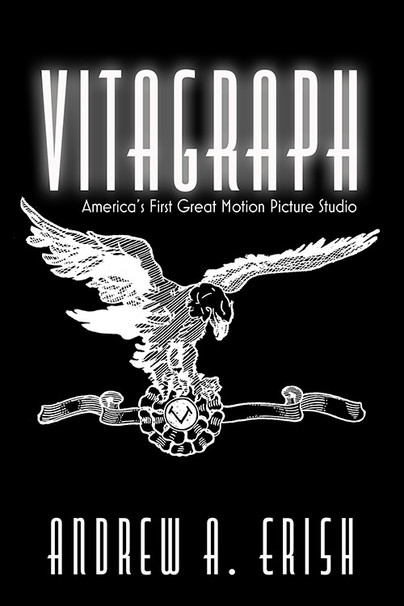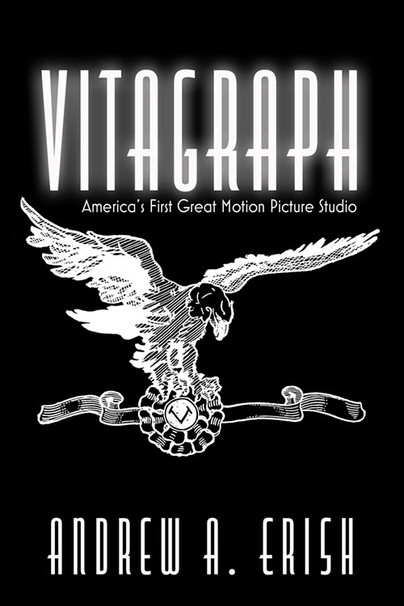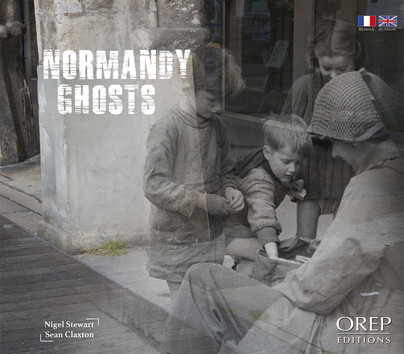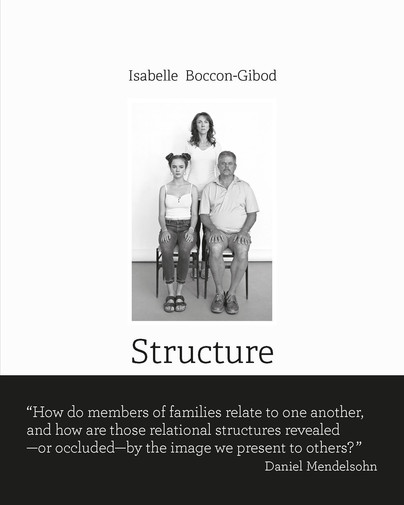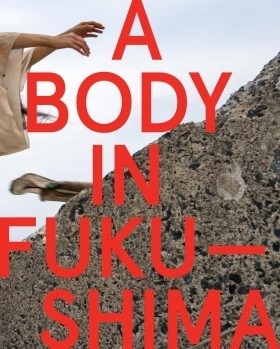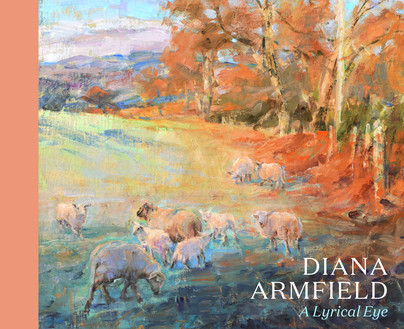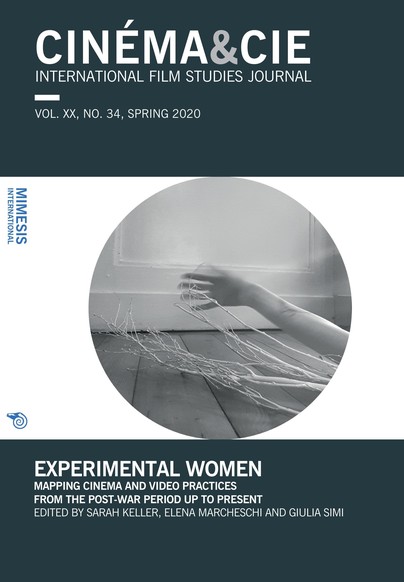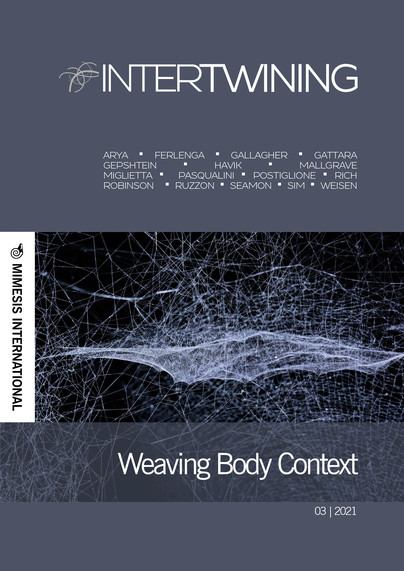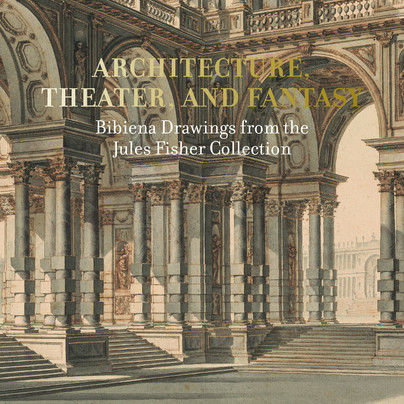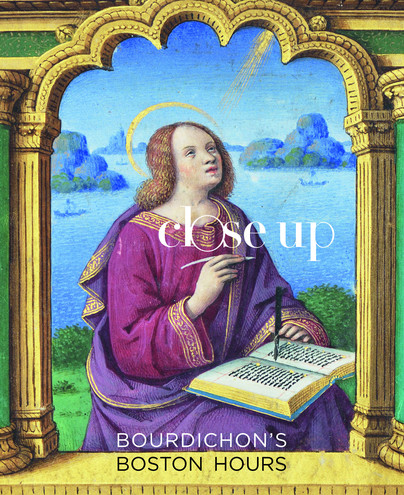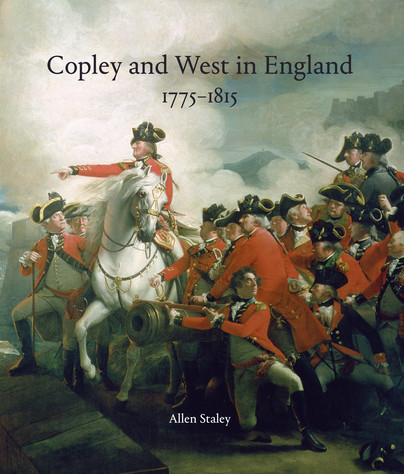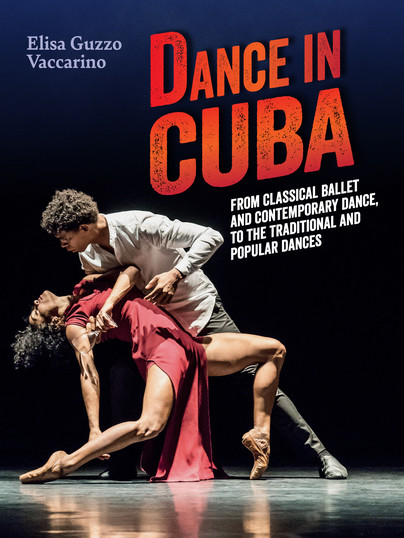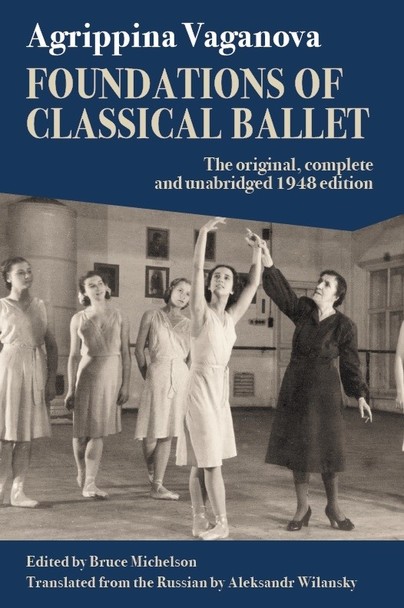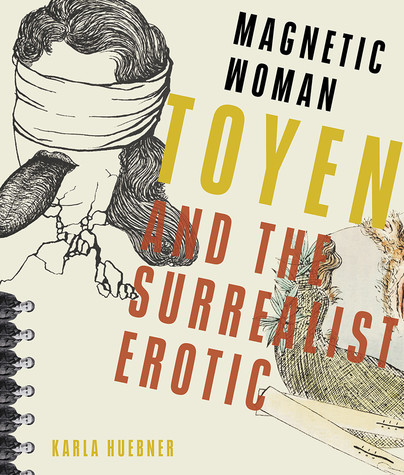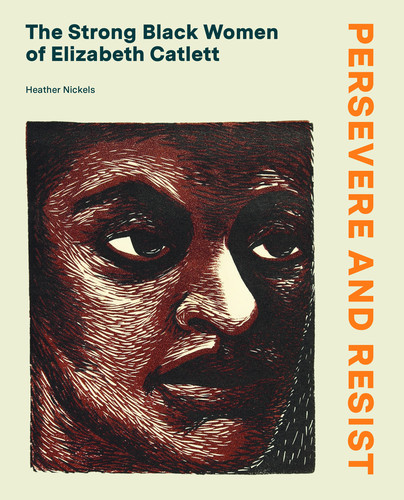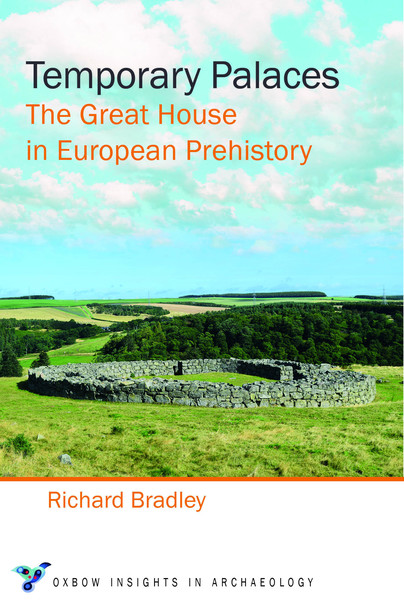This beautifully and thoroughly illustrated book, which constitutes the first serious investigation of the relationship between Benjamin West and John Singleton Copley, will be of considerable interest to both British and American art historians, and appeal to art lovers from both countries. West and Copley have always and properly been viewed as the two pre-eminent eighteenth-century American artists, despite the fact that, at the age of twenty-one, West left his native shores in 1760, never to return. He went on to become immensely successful in England, becoming, among other things, the second president of the Royal Academy of Arts.
Copley spent half his working life also in England. However, before making the move across the Atlantic, he made his mark as an exceptionally talented artist, who, without any real training, painted likenesses of fellow Bostonians, including ones of figures such as John Hancock and Paul Revere, that have become icons of American history. While those portraits remain his most widely admired works, after 1775 and his resettling in England, he started painting distinctly different types of pictures, initially showing modern historical subjects in emulation of the model provided him by West, following, for example, West's celebrated Death of General Wolfe, exhibited in 1771, with his own Death of the Earl of Chatham, begun in 1779. For a brief span of time, the two expatriate Americans had a close working relationship, that we can see substantiallyreflected in both the formal language and the subject matter of many of their best works, but it eventually and inevitably turned into rivalry. The book begins with a brief prologue discussing the earliest of West's depictions of recent historical events and of subjects set in America, painted prior to Copley's arrival in England. It then follows the year-by-year evolution of Copley's painting from 1775 to his death in 1815, with an underlying focus upon his ongoing give-and-take with West, and it ends with examination of hitherto little-known and unstudied major late paintings, from after 1800, by both artists.
